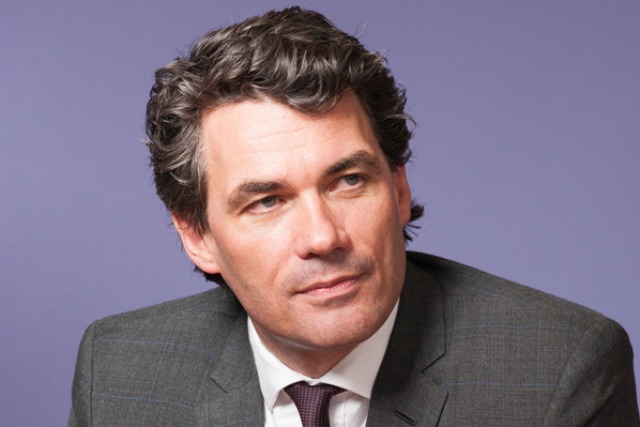If you don’t have a customer, you don’t have a job. For me, the key thing is to know your customers. Watch how people buy and use your products so that you can really understand their mindset. Make sure you are aware of your competitors’ products and services and look at other categories to see how all this translates to your business. There’s always something to learn.
Successful businesses have a purpose beyond simply making money. Delivering value to your customers and society, in addition to your shareholders, is something to strive for. If your organisation has a clear purpose, you can draw on the vital assets and contributions it provides, with the skills and capabilities of your people, to enable you to be a positive force in the wider world. When it becomes part of your culture and something your people do naturally, and you see examples of it in your business on a daily basis, it’s something special. It’s a key characteristic that successful businesses possess.
My interest in business was sparked by my father. He was a lecturer in management, and conversations with him gave me my first taste of it. I also ran a small business at university. It gave me insight into, and a grounding in, the SME market, and reinforced the idea that, although I left university with a degree in chemical engineering, what I really wanted to do was to run a business.
Build relationships and networks that last a lifetime. Draw on the wealth of talent around you. Conversations with people from different backgrounds, industries and all walks of life continue to help me shape and formulate ideas. Attract people to your team who complement your own skills and capabilities and recognise the contribution that people at all levels of the organisation can make. If the time comes when you part company, always do so on good terms.
Managing risk is critical to success. Work out quickly what’s tolerable and intolerable. This will help you to quantify impact and give you the opportunity to act or think in a discontinuous manner rather than just incrementally. Understand the people around you when it comes to managing risk, and be able to simplify and focus. This will help you overcome some of the more challenging aspects of leadership.
Use both sides of your brain to make decisions. Learning to complement your rational side with your intuitive side will help you make timely and effective decisions. Being able to trust your instincts and understand people and their motivation will also help you to inspire and give direction. Use your time well: the ability to prioritise where and how to spend your time is critical. Don’t allow your time to be controlled; it’s surprising how many people let that happen. Delegate when necessary and set your own priorities.
Build the health of the organisation today so you can build business performance tomorrow. By enabling a healthy culture, you’re more likely, in the long term, to deliver the financial performance you strive for. You need your organisation to be a great place to work, where people can build a career and feel recognised for their contribution, and which is capable of shaping, leading and adapting to change. Delivering performance and health is essential, and you need to do both to ensure success.


